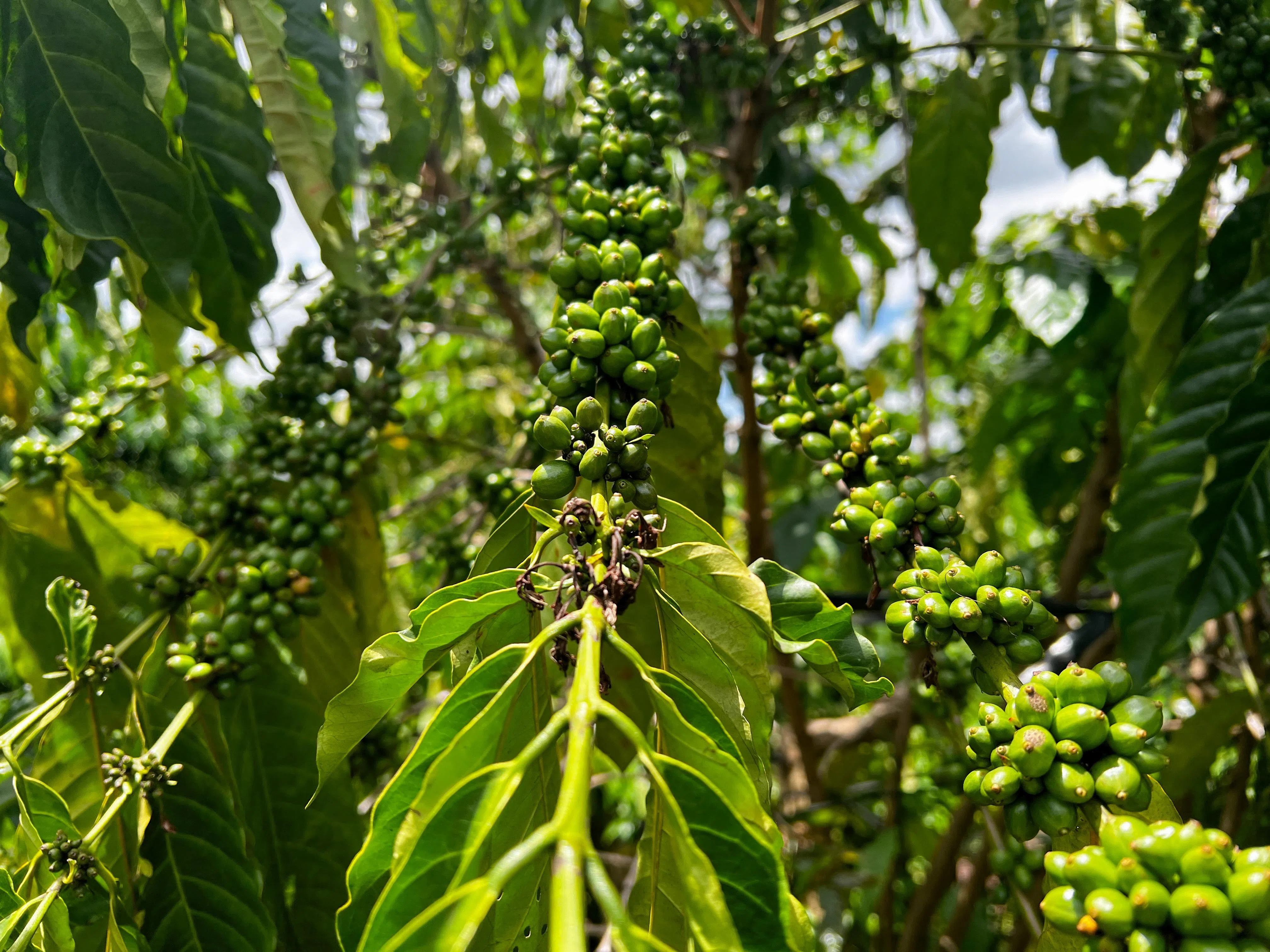Some Vietnam coffee farms thrive despite drought, but may not stop espresso price hikes
VIETNAMESE coffee growers have been hit hard this year by the worst drought in nearly a decade, raising concerns of pricier espressos across the world, even as some farmers keep yields healthy with clever countermeasures.
Domestic forecasts for next season’s harvest in Vietnam, the world’s second-biggest coffee producer, remain grim.
The Mercantile Exchange of Vietnam (MVX) expects a 10 to 16 per cent fall in output because of the extreme heat that hit the Central Highlands coffee region between March and early May, according to deputy head Nguyen Ngoc Quynh.
However, a return of rains in recent weeks has improved the outlook, boosting confidence among farmers and officials. But it remains unclear whether the improved weather will help boost output and drive down prices of robusta beans, the variety most commonly found in espressos and instant coffees, of which Vietnam is the world’s top producer.
“I expect the country’s output to fall by 10 to 15 per cent, but my farm will increase production”, said Nguyen Huu Long, who grows coffee in a 50-hectare plantation in Gia Lai, one of the top coffee-producing provinces in Vietnam.
To protect his trees during the heatwave, he kept the soil around the plants moist by covering it with leaves. Contrary to the local practice of cutting trees after a few years to boost soil quality, he keeps his growing for decades. As a result, plants have deeper roots and broader access to underground water reserves.
A NEWSLETTER FOR YOU
Asean Business
Business insights centering on South-east Asia’s fast-growing economies.
Farmers in his plantation also soften the soil around plants to improve the absorption of rainwater and fertilisers, said Doan Van Thang, 39.
Tran Thi Huong, a tenant farmer who works in another plantation 20 km from Pleiku, Gia Lai’s capital, resorted to using more water than usual. Thanks to abundant reserves from canals built by local authorities, she could keep her plants sufficiently irrigated during the heatwave.
Coffee cherries are smaller than in previous years, but she expects the overall output to be unaffected. It also helped that she timely intervened with biopesticides against bugs that were more numerous than usual because of the extreme weather.
That is in line with the forecast from the United States Department of Agriculture (USDA) which estimates Vietnam’s next harvest would be roughly steady versus the current season’s output – far less pessimistic than domestic projections.
Bitter price effect?
Whatever the impact on the harvest will be, coffee prices for drinkers around the world are likely to rise.
Wholesale prices in Vietnam and London-traded robusta futures have risen to record highs earlier this year mostly after an underwhelming harvest in Vietnam and because of fears over the country’s next harvest after the drought, according to multiple traders and analysts.
Record wholesale prices have so far had a limited impact on consumer prices, with coffee inflation up by only 1.6 per cent in the 27-country European Union in April, according to the latest Eurostat data, and 2.5 per cent in robusta-loving Italy.
While well below price rises from a year earlier, it was higher than 1 per cent in the March EU reading, a sign roasters may have started to pass their higher costs on to consumers.
Besides, worries about Vietnam are far from over, as insufficient rains after the drought or excessive downpours before the upcoming October harvest season could further reduce output, warned a Vietnam-based trader.
The high wholesale prices may also be there to stay, as robusta demand is growing globally and farmers have boosted their leverage in the current circumstances, with many having also replaced coffee plants with pungent smelling durian, a tropical fruit experiencing huge demand in China.
“They have the financial ability to hoard and hold on goods, so they will not be in a hurry to sell,” said Le Thanh Son, of Simexco, one of Vietnam’s biggest coffee exporters. REUTERS

